
Virtual Pre-Conference Workshops | April 9 & 10, 2024, 2:00 - 4:30 p.m. ET
Fully virtual, synchronous workshops that take place on April 9th and 10th from 2:00 p.m. to 4:30 p.m. ET.
2024 Conference on General Education, Pedagogy, and Assessment

Fully virtual, synchronous workshops that take place on April 9th and 10th from 2:00 p.m. to 4:30 p.m. ET.

Pre-conference workshops that take place during the morning of April 11th from 9 a.m. to 12 p.m. in Providence, RI.

Pre-conference workshops that take place during the afternoon of April 11th from 1 p.m. to 4 p.m. in Providence, RI.
Tuesday, April 9, 2024 / –
Stacking HIPs: Student-Directed Projects, Familiar Genres, and ePortfolios
Educational expert Julie Lindquist (2020) questioned the idea that "teaching inclusively is (only) a matter of teaching 'about' diversity, rather than a matter of creating storied learning experiences." A blend of High-Impact Educational Practices, or HIPs, with engaged learning opportunities and familiar genres can empower students in general education courses. As engaged learning is integrated into the curriculum, we expand inclusivity—students can then experience and explore storied learning on their own terms, and then share their work through ePortfolios. Participants in this workshop will:
Students and alumni will join our conversations each step of the way, with the workshop closing with a student-voices panel on the benefits of stacking HIPs
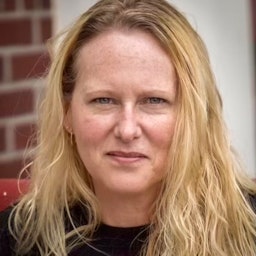
Senior Lecturer in English, Interim ePortfolio Director, and Institute for Engaged Learning Senior Faculty Fellow, Indiana University-Purdue University Indianapolis
Wednesday, April 10, 2024 / –
Let’s Get Calibrated: Using the Integrative Learning VALUE Rubric to Assess Learning
Using the Integrative Learning VALUE Rubric, participants will engage in a “taste test” of calibration training during this session. Together, we will apply the Integrative Learning VALUE Rubric to samples of student work and discuss developing institutional-level data from the direct assessment of student learning outcomes and implications for general education. Calibration sessions are an excellent professional development activity designed to foster interdisciplinary and authentic dialogue and reflection focused on assessment and broad learning outcomes. The session will be modeled after the Integrative Learning VALUE Calibration Training, which is our newest addition to AAC&U’s calibration training line-up. Participants will also be given access to AAC&U’s asynchronous course on VALUE Rubric Calibration Training on the rubric of their choice.
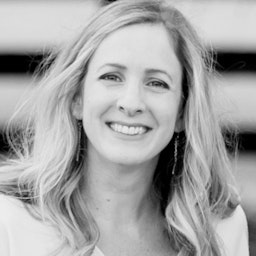
Director of Assessment and Pedagogical Innovation, AAC&U
Thursday, April 11, 2024 / –
AI in the College Classroom: Clear Strategies and Steps for Those Who Teach
Evoking key highlights from the presenter’s new book, Teaching with AI: A Practical Guide to a New Era of Human Learning (Johns Hopkins University Press), this pre-conference workshop will explore the full array of opportunities and challenges AI is presenting for those who teach in Higher Education. While AI-assisted cheating and the dubious world of AI detection will be examined, the core of this workshop will be on practical and transformative approaches you can take in your classroom to ensure your students learn. Pedagogy, assignment design, and grading will be among the topics explored. There will also be discussion of how key higher education learning outcomes, such as written communication, are rapidly evolving and new learning outcomes, such as AI Literacy, are emerging. Strategies for ensuring your students develop these competencies will also be explored. Attendees are encouraged to bring their laptop to this hands-on workshop.

Associate Vice President, Curricular and Pedagogical Innovation and Executive Director for Open Educational Resources and Digital Innovation, AAC&U
Thursday, April 11, 2024 / –
It's All About Assignment Alignment: The Key to Reliable Results in Rubric-Based Assessment of Student Learning
Too often, faculty development on the use of rubrics for assessing student learning focuses exclusively on scorer training, calibration, and issues of interrater reliability. It is possible to have the perfect “scoring system” and generate disappointing—or even dangerous—data because student work was generated by an assignment that did not, in fact, “fit” the rubric at hand. Based on over a decade’s worth of one institution’s experience designing and implementing Assignment Alignment workshops, participants in this pre-conference workshop with walk through the process of aligning assignments to the three AAC&U Value rubrics for Civic Engagement, Quantitative Reasoning. and Written Communication. A variety of disciplines will be represented in the example assignments. The dimensions for each rubric will be discussed and further analyzed to decipher connections with existing language in an assignment. Participants will also go through a norming session to ensure consistency with scoring. The entire process from alignment to the scoring of student artifacts will be demonstrated to show the effectiveness of this process. Last, participants will learn about proven strategies that can be used to significantly scale faculty engagement in this type of assessment work, inspiring faculty to adjust their teaching methods and design better assignments to improve student learning as well as to learn from each other and advance campus discussions of how assessment can improve student learning.
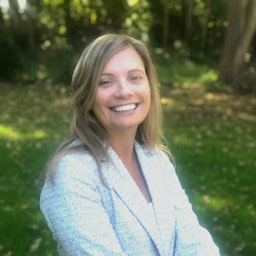
Associate Professor of Economics, Economics & Ammon College Leadership Fellow, Central Connecticut State University
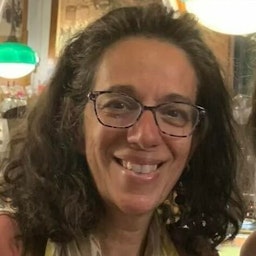
Assessment Coordinator, Office of Institutional Research and Assessment, Central Connecticut State University
Thursday, April 11, 2024 / –
Using Equity-Centered Assessment Approaches to Challenge the Status Quo
Challenging the status quo means not only interrogating and revising our own assessment practices but also ensuring that information is used to improve learning environments for all our students, faculty, and staff. Two questions should drive our assessment purposes and strategies: (1) How do we engage in meaningful, equity-centered assessment inquiry that creates a more nuanced data picture and compels action? (2) How do we empower agency and engagement in assessment while also respecting power dynamics between and among students and between and among faculty and students? In this interactive workshop, participants will learn how to apply elements of Participatory Action Inquiry as a methodology for engaging in equity-centered assessment. We’ll use case studies to illustrate specific reflective and group activities to engage students and faculty in context-specific inquiry for the purpose of improving learning and learning environments. Bring your assessment challenges and questions, and together we’ll brainstorm about how these (and/or other) approaches can be adapted to keep students at the center.
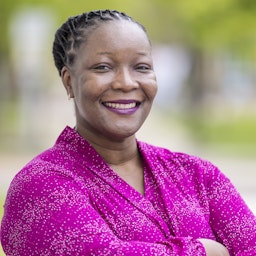
Associate Provost and Chief Data Officer, Macalester College
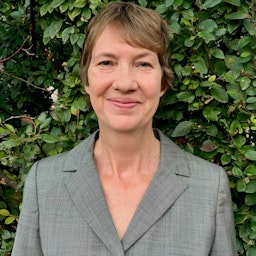
Associate Director of Assessment, Macalester College
Thursday, April 11, 2024 / –
A Pedagogy of Kindness in Action
What does it mean to put a Pedagogy of Kindness into action? This workshop will briefly explore the three tenets of compassionate teaching: justice, believing students, and believing in students. We'll then reflect together on what kindness (and its lack) has meant to us within academia, and how we can - piece by piece - assemble a kind approach to pedagogy that meets the needs of our students and ourselves in a time of great change. This is a hands-on workshop: you will have the opportunity to analyze syllabi that take very different approaches to communicating with students, and spend time working on your own syllabus language in light of what you discover.
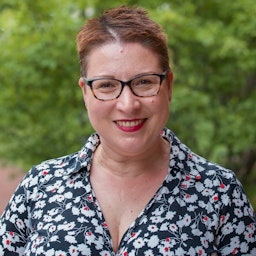
Mary Elizabeth Hand Bright and Edwin Winslow Bright Distinguished Professor of American History, Director of the Bright Institute, Knox College
Thursday, April 11, 2024 / –
VALUE Assessment Accelerator: An Introduction to Authentic Assessment with VALUE, Parts 1 & 2 (A “two-for-one” deal!)
The VALUE Assessment Accelerator is a hands-on, collaborative course that is tailored to those who are new to using VALUE rubrics. In this two-part workshop, participants will gain a solid foundation in understanding and effectively utilizing VALUE (Valid Assessment of Learning in Undergraduate Education) rubrics.
The first part will be focused on developing a plan for implementing the use of one or more VALUE rubrics at your institution. At the end of this session, participants will:
The second part will be focused on understanding the data VALUE rubric scoring generates and using results in a meaningful way. At the end of this session, participants will:
By the end of this two-part workshop, participants will be equipped with the knowledge and skills to harness the power of the VALUE rubrics to improve assessment practices, understand student learning, and use results to inform future practices.
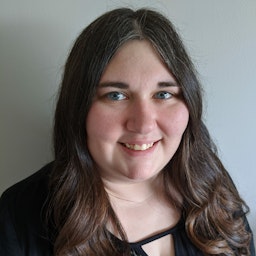
Assistant Director for Research and Assessment, AAC&U
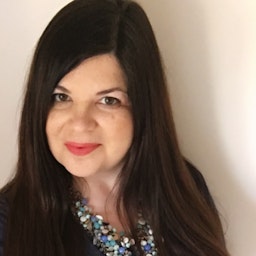
Instructional Designer, AAC&U
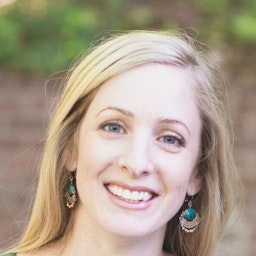
Director of Assessment and Pedagogical Innovation, AAC&U
Thursday, April 11, 2024 / –
VALUE Assessment Accelerator: An Introduction to Authentic Assessment with VALUE, Parts 1 & 2 (A “Two-for-One” Deal!)
Thursday, April 11, 2024 / –
Reimagining Old Ways: Collaboration in the Gen Ed Course Designation Process
Designating courses as meeting General Education Student Learning Outcomes (SLOs) is often seen as an endpoint, a simple act of coding courses in the Catalog. But what would happen if we reframed it as a mid-way point in the gen ed reform process, engaging faculty in collaborative conversations about “what counts as what,” followed by assessment of outcomes to improve student learning? Building upon a highly successful collaboration between two institutions as part of the Advancing a Massachusetts Culture of Assessment Consortium, this hands-on workshop will provide participants with strategies and tools to support productive change in the general education course designation process. Participants will reflect on their own institution’s practices, while engaging with colleagues to sketch out strategies for collaboration with students, faculty, staff, and the community in co-designing a process for general education course designation. We will also discuss how the processes developed for gen ed course designation may also prove useful in designing other larger-scale institutional change processes. Finally, the practices modeled in this workshop are drawn from “culturally responsive pedagogy” (Montenegro & Jankowski, 2017; 2020), an approach that acknowledges and respects the diverse cultural backgrounds, experiences, and perspectives in order to create an inclusive learning environment that supports the academic success and overall well-being of all students.
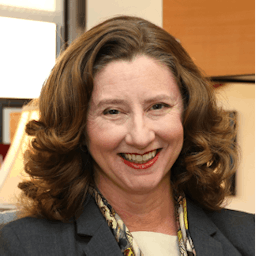
Associate Director of Assessment, Holyoke Community College
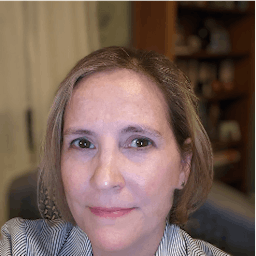
Instructional Design Coordinator, Holyoke Community College
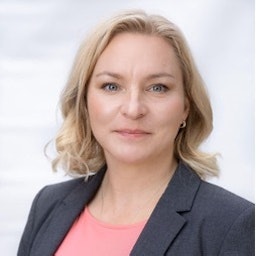
Assistant Professor of Business Administration, Holyoke Community College
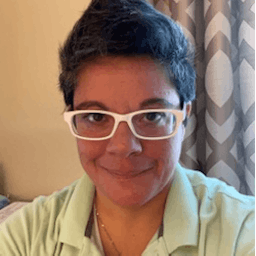
Coordinator, Institution Effectiveness, Bristol Community Collge

Professor of Mathematics, Bristol Community College
Thursday, April 11, 2024 / –
Design Thinking as Pedagogy: An Introduction
In this hands-on, interactive workshop, participants will explore design thinking as an interdisciplinary pedagogical practice. Growing recognition of the value of wicked problems in undergraduate education alongside the call for structural change in higher education to encourage collaboration and interdisciplinarity have led some to suggest that design thinking has answers. Others question whether design thinking offers more than innovation gimmicks. This pre-conference workshop will break down the mystery behind design thinking as a teaching practice, offering key principles that guide design-based learning and suggesting a range of ways to incorporate design thinking in the general education classroom. Participants will engage directly with design methods to explore their relevance to their own teaching and will have an opportunity to develop a design-based approach to their current teaching practice.
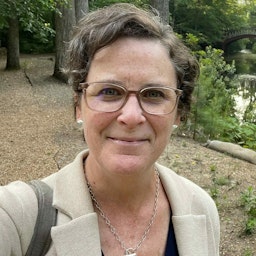
Associate Professor of Design Thinking, Radford University
Thursday, April 11, 2024 / –
Critical Thinking Assignment Design and Assessment as Equity-Centered Tools
Critical thinking is highly valued by employers, faculty, and students alike. But what specifically are students learning in “critical thinking assignments”? How do students’ critical thinking abilities change over time? And how do learners of different backgrounds understand critical thinking assignments? This interactive workshop presents faculty development and assessment as tools for equity-focused campus considerations of teaching and learning in critical thinking instruction across curricula (departmental or general education). Participants will engage in critical thinking assignment redesign (bring your own or use a sample) as a tool for individual course revision or as a model for campus-wide initiatives. Through this work, we will both evaluate critical thinking assignments drawn from diverse disciplinary approaches and revise assignments to promote transparency, intentionality, and equity in critical thinking instruction. Finally, we will examine how assessment, through AAC&U’s VALUE Scoring Collaborative or local scoring of student work, can assist in curriculum mapping and campus-wide conversations of what it is to think critically. Participants will leave with tools for evaluating assignment transparency and intentionality, as well as a model for using assessment to foster faculty dialogue and collaboration.
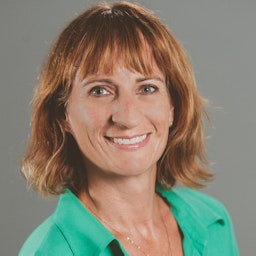
Professor of Literature, St. Edward's University
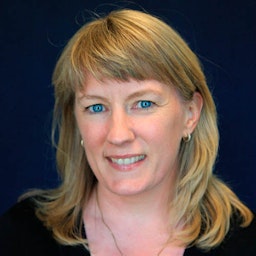
Professor of History and Director of General Education, St. Edward's University
Thursday, April 11, 2024 / –
Creating A Blueprint for Curricular Innovation: Faculty-Led General Education Redesign
This workshop will highlight proven approaches to planning a faculty-led general education re-design, including strategies for implementation as well as effective approaches to communicating the purpose and marketing the value of innovative new general education curricula to institutional and community constituencies. Through the examination of national best practices as well as engagement in activities that can also be used back “home” with your campus colleagues, participants will:
While in part based on the successful transformation of gen ed at a large, public, research university, this workshop is appropriate for all institutional types and will include insights from across a range of institutional examples.
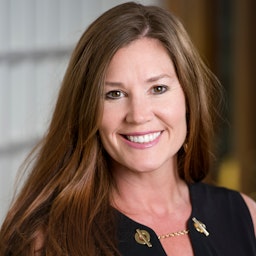
Interim Vice Provost and Director of Assessment, Louisiana State University